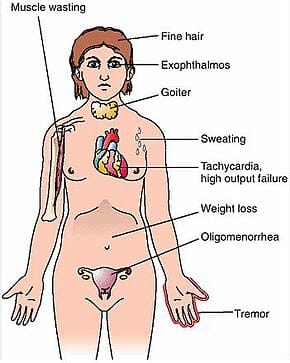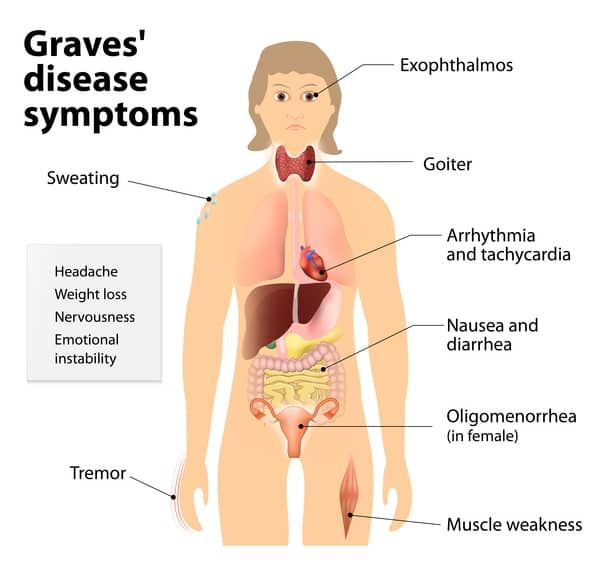Exploring the Cost of a Health System Blood Test

introduction
Every individual deserves quality healthcare services. Some services stand out in the medical field, including blood tests. In this connection, we shall analyze the 10x cost of blood tests under the health system and save on these costs.
What is the 10x Health System Blood Test?
The 10x Health System Blood Test is an all-in-one blood test that will give you an overall view of your health condition. It is a highly advanced diagnostic tool that determines a range of biomarkers in your blood to detect possible health risks, nutrient deficiencies, or underlying conditions.
What does the 10x Health System Blood Test measure?
This test measures over 100 biomarkers, including:
- Complete Blood Count (CBC)
- Comprehensive Metabolic Panel (CMP)
- Lipid Profile
- Thyroid Function Tests
- Vitamin and Mineral Levels
- Inflammatory Markers
- Hormone Levels
- Liver and Kidney Function Tests
Why is the 10x Health System Blood Test important?
This test will be very useful in detecting diseases at their early stages, hence preventing them from affecting life. Biomarker detection will be beneficial in keeping the individual so that chronic diseases such as diabetes, heart disease, and certain types of cancer are avoided.
How much does the 10x Health System Blood Test cost?
The 10x Health System Blood Test may cost anything from a mere $200 to as much as $500. Depending on the location, laboratory, and healthcare provider, the cost differs. And in most cases, insurance plans cover part or most of the cost. You should always check with your insurance provider before getting the test done.
Is the 10x Health System Blood Test worth the cost?
Though it seems expensive at the moment, the 10x Health System Blood Test will give you a good sense of your health. Identifying the potential health risks very early will help you save money in the long run by preventing costly treatments in medical and hospital settings. Moreover, the test will inform one about lifestyle changes for health and well-being.
Where can I get the 10x Health System Blood Test?
You can get the 10x Health System Blood Test at various healthcare facilities, including:
- Primary Care Physician’s Office
- Specialty Clinics
- Urgent Care Centers
- Laboratory Testing Facilities
What’s the next step after getting the 10x Health System Blood Test?
We will give you a detailed report of your biomarker testing results upon receipt of the test. With those test results, you can then discuss with your healthcare provider the concerns and how to address them—lifestyle changes, supplements, or the need to further test how you’re progressing.
What are some examples of lifestyle changes that may be recommended based on the results of the 10x Health System Blood Test?
According to the 10x Health System Blood Test, your healthcare provider may recommend changes in your lifestyle concerning the findings of the test.
Here are some examples:
1. Dietary Changes:
- High cholesterol or triglyceride test results may warrant a heart-healthy low-saturated fat/low-added-sugar/low-refined-carbohydrate diet as recommended by your healthcare provider.
- If you do suffer from a vitamin D deficiency, then you may be advised to increase your consumption of foods that contain vitamin D, such as fatty fish, egg yolks, and fortified dairy products.
- If blood work indicates insulin resistance or prediabetes, it might be recommended that you increase your intake of low-carb and high-fiber foods to aid in better blood sugar control.
2. Exercise and physical activity:
-
If the results of your lab tests show enhanced inflammatory markers, you may be recommended to take long walks or swim daily by your healthcare provider, as reducing inflammation and boosting overall health may be the desired effect of regular exercise.
- If you live a sedentary life, you most likely will receive the advice to train at 150 minutes of moderate-intensity or 75 minutes of vigorous-intensity exercise per week to promote your cardiovascular health.
- If lab tests indicate that you have produced low testosterone levels, then it may be advisable for you to perform resistance training exercises to boost testosterone levels.
3. Stress Management:
- If cortisol levels rise in your test results, your doctor might recommend stress management techniques like meditation, deep breathing exercises, or yoga to help you manage your stress.
- If you have a history of anxiety or depression, you would be advised to practice mindfulness, journal, or seek professional counseling to improve your mental health.
4. Sleep and Relaxation:
- Your doctor may encourage you to start keeping a consistent sleep pattern, avoiding caffeine and electronics before bed, and developing a relaxing bedtime routine if your test results indicate poor sleep quality or duration.
- If you lead a busy lifestyle with great stress, then you would be advised to utilize such relaxation techniques as progressive muscle relaxation visualization, or even reading, before going to bed to procure better-quality sleep.
5. Supplementation:

- When your test results show that your body has a low level of a particular vitamin or mineral, your physician may recommend adding a supplement to restore your blood levels.
- It is recommended for long-term inflammation sufferers to consult an omega-3 fatty acid supplement to decrease inflammation as one of their ways to get back in shape.
- A situation where your test results indicate a low level of probiotics would possibly cause your doctor to suggest you take probiotic supplements for the sake of maintaining your gut’s health.
6. Hydration and Digestion:
-
If the findings show dehydration and electrolyte imbalances, the healthcare provider will provide a plan that includes increasing water intake and other electrolytic-rich foods like bananas, avocados, and nuts.
- If you tend to experience issues with digestion, you may have to try to eat digestive enzymes, probiotics, or prebiotic-rich foods to maintain the health of your gut.
Factors Influencing Blood Test Costs
- Types of Tests: The cost of the test depends on the nature of the test. So, a CBC would be relatively cheaper than some specialized testing for a given condition.
- Insurance Coverage: Insurance is important in determining what one pays out-of-pocket for blood tests. Most insurance plans require payments in the form of a copay, coinsurance, or deductible.
- Healthcare Provider: Costs vary between healthcare providers and facilities. Generally speaking, larger hospitals tend to charge much higher for the same test compared with private laboratories.
- Location: The region in which you reside can also impact the cost of blood tests. Urban areas may have higher prices due to increased overhead costs.
conclusion
The exact cost of a 10X Health blood test is difficult to predict upfront due to varying factors like insurance coverage, location, and the specific tests ordered. It can range from $100 to $1,000 without insurance. To get a clear idea of the cost, consult your doctor and insurance provider beforehand.





